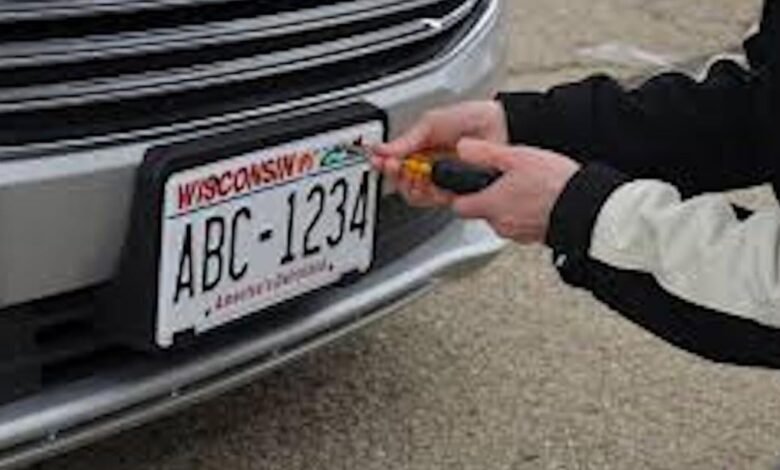New legal challenge to Wisconsin’s personalized license plate restrictions | Wisconsin


(The Center Square) – There is now a First Amendment challenge to Wisconsin’s personalized license plate restrictions.
The Wisconsin Institute for Law and Liberty wants a judge to strike down the state law that allows the Department of Motor Vehicles to ban license plates that are deemed “objectionable.”
“Every citizen has the First Amendment right to express themselves, and that includes the message they convey with their personalized license plates,” WILL”s Lucas Vebber said in a statement.
The case stems from a Wisconsin man who wanted a license plate that read RD RRAGE. The DMV allowed him to get the plate in 2003 but later denied his request to renew it.
“I get custom plates for all my cars in order to express myself,” Michael Nichols said. “I use personalized license plates as a form of self-expression and viewpoint. One day the state approves a license plate combination, the next day they deny that very same plate choice. It’s completely arbitrary and subjective.”
Wisconsin, like practically all states, has rules for what can and cannot be written on personalized license plates.
“Members of the Special Plates Unit review all personalized plate messages. WisDOT may “refuse to issue any combination of letters or numbers, or both, which the department determines may carry connotations offensive to good taste and decency or which may be misleading,” the DMV’s website states.
Vebber said the question at the heart of WILL’s challenge is not about what is written on the license plate, but who gets to decide what is allowed.
“Unfortunately, state law empowers bureaucrats at the Department of Transportation to decide what speech is good, and what speech is bad, directly violating the First Amendment rights of Wisconsinites,” Vebber added.
WILL wants the court to declare Wiscosin’s license plates restrictions that may “carry connotations offensive to good taste or decency” struck down as facially unconstitutional. WILL added that state bureaucrats “have no right to decide which messages are acceptable to display, and which are not.”
Source link

